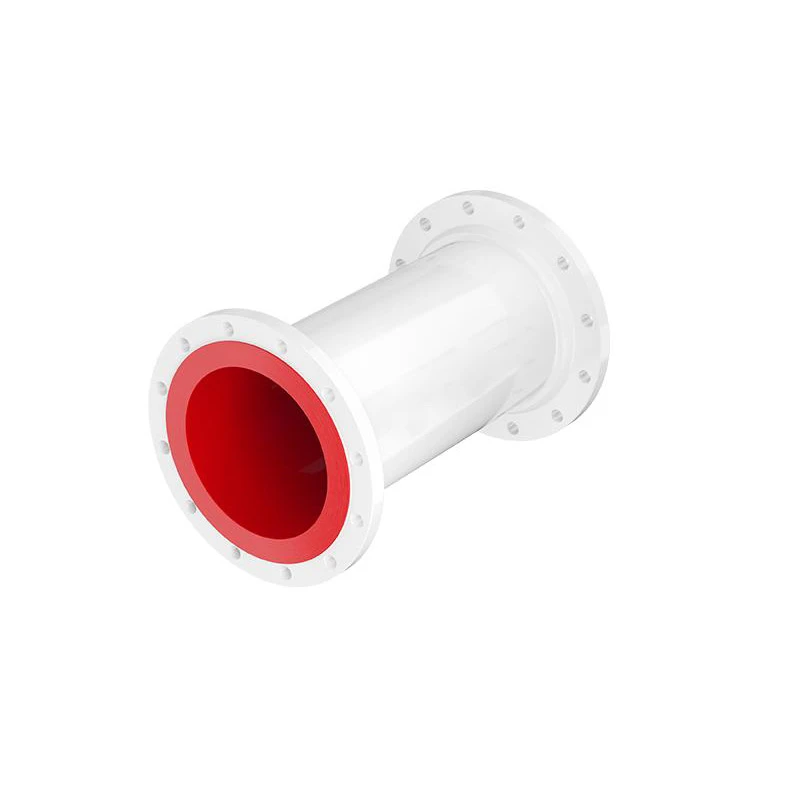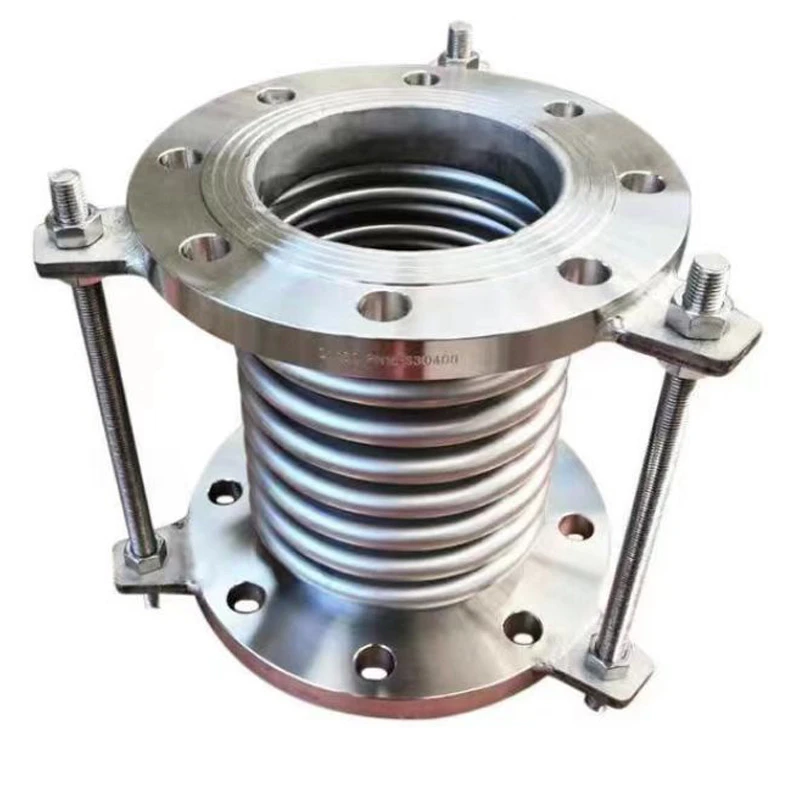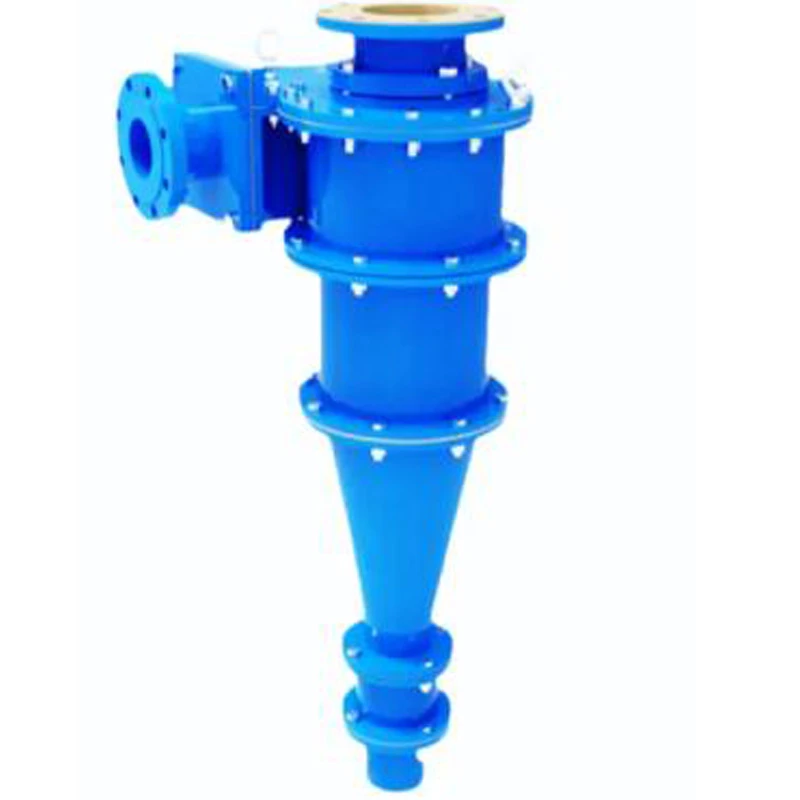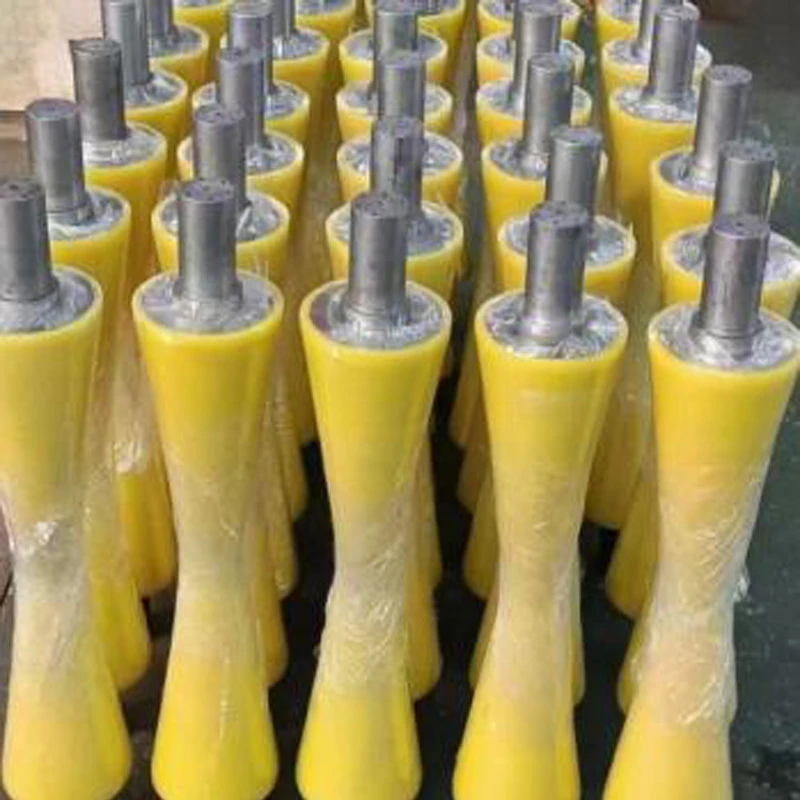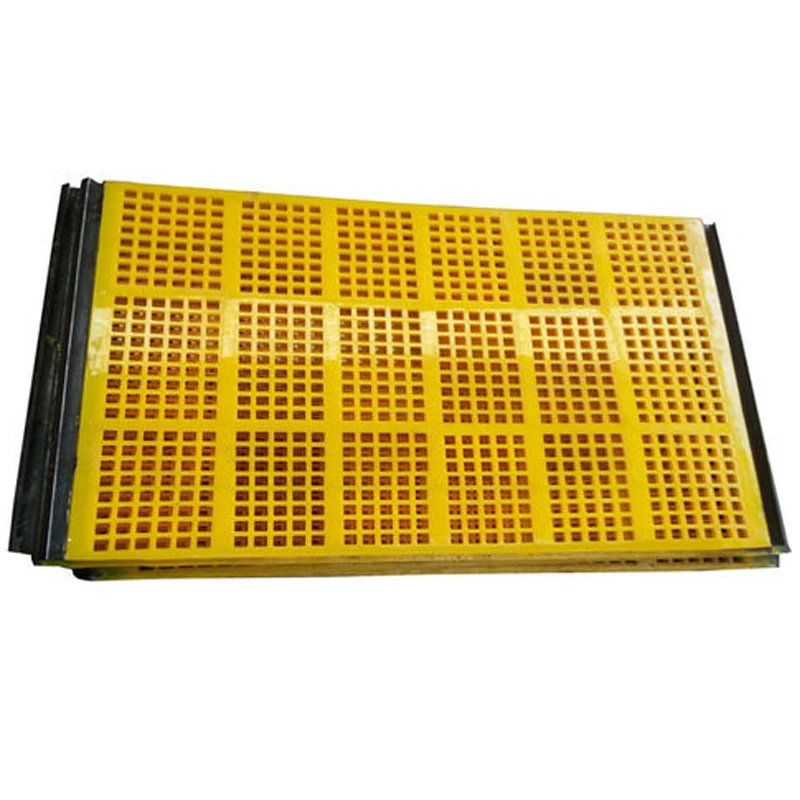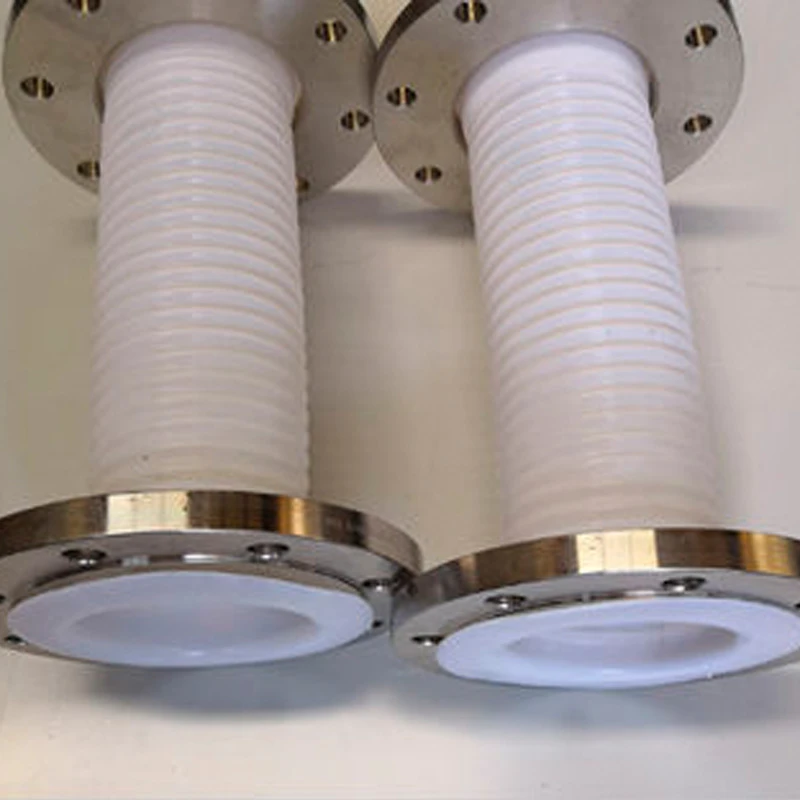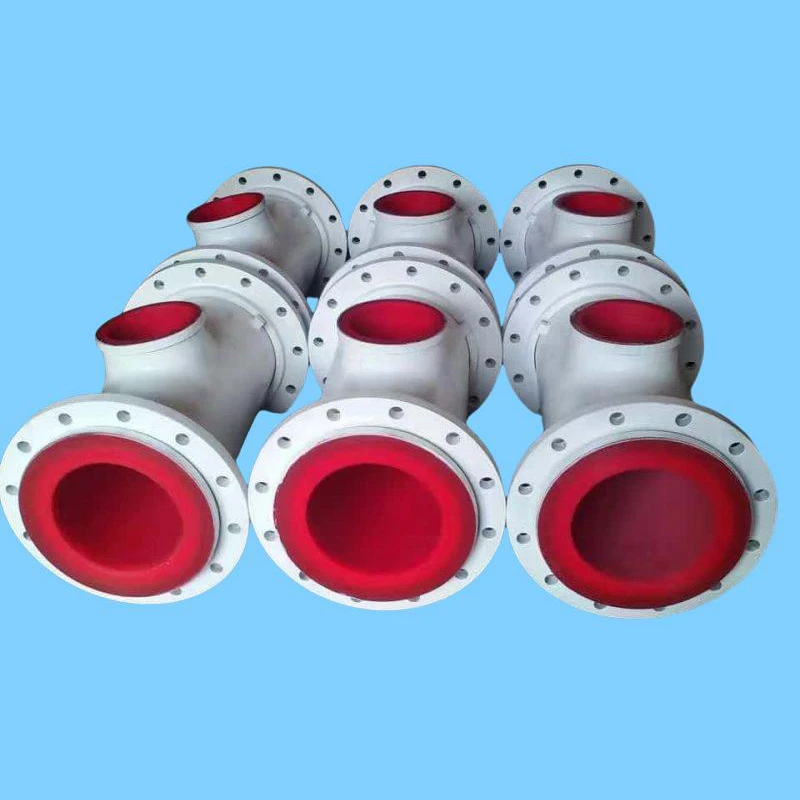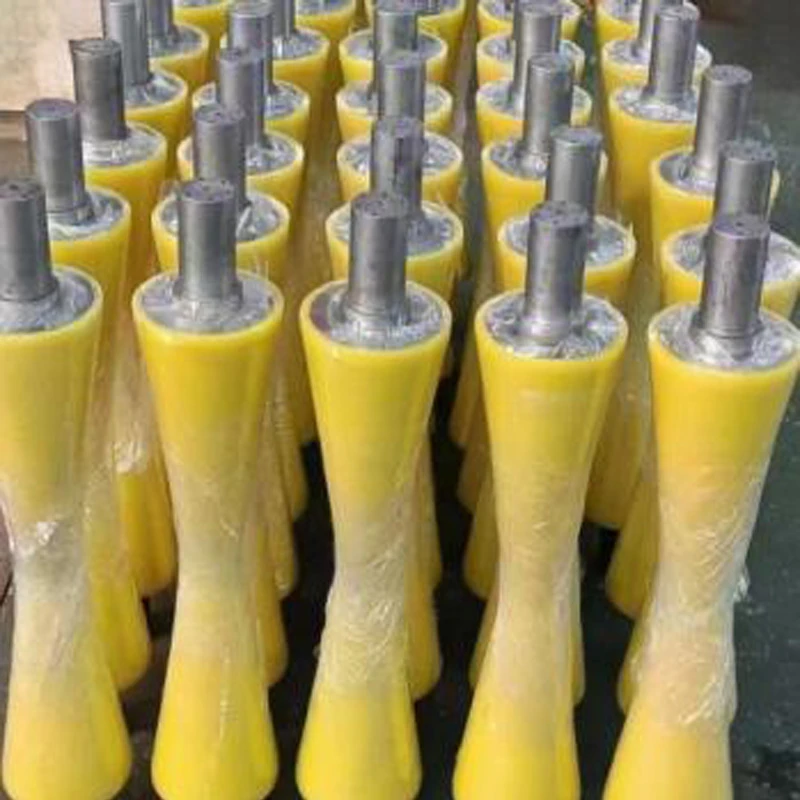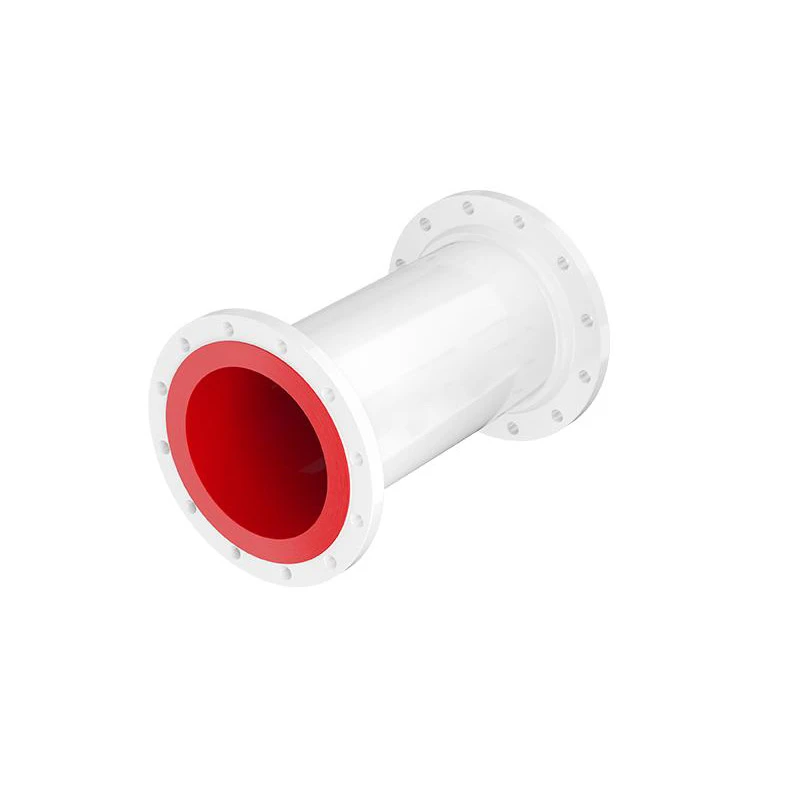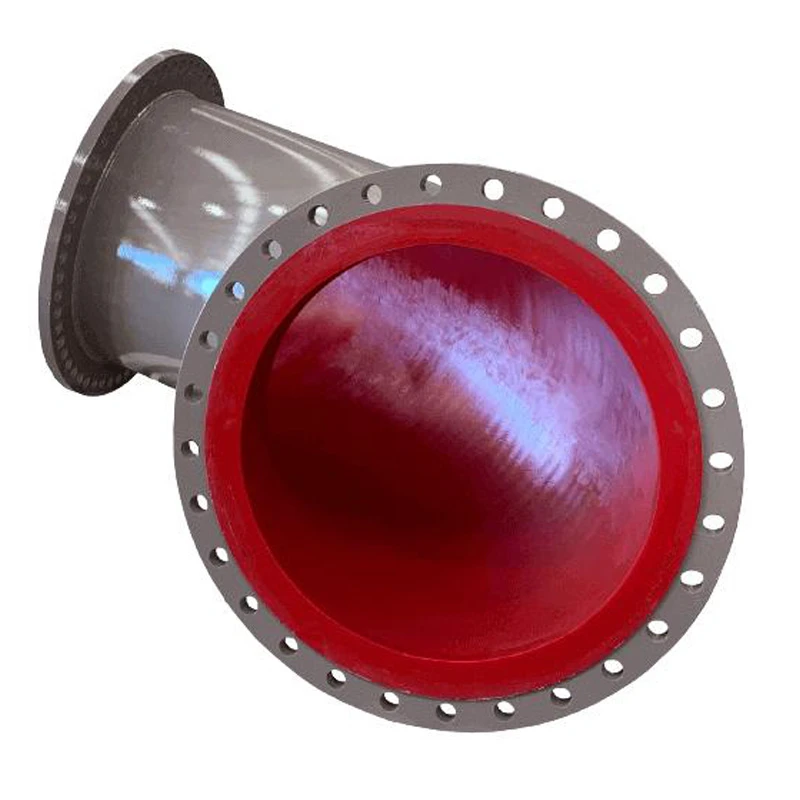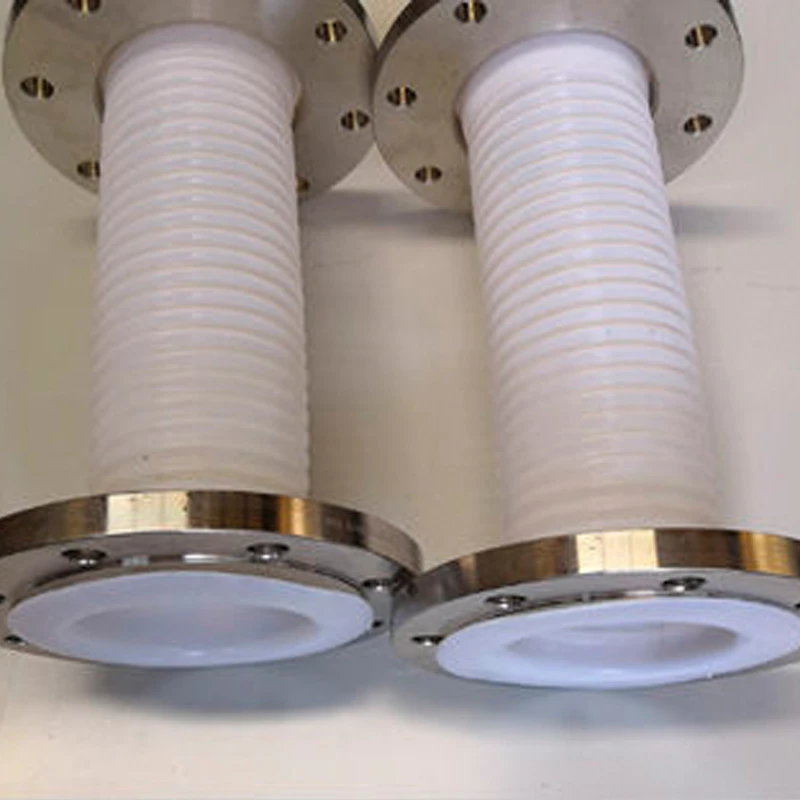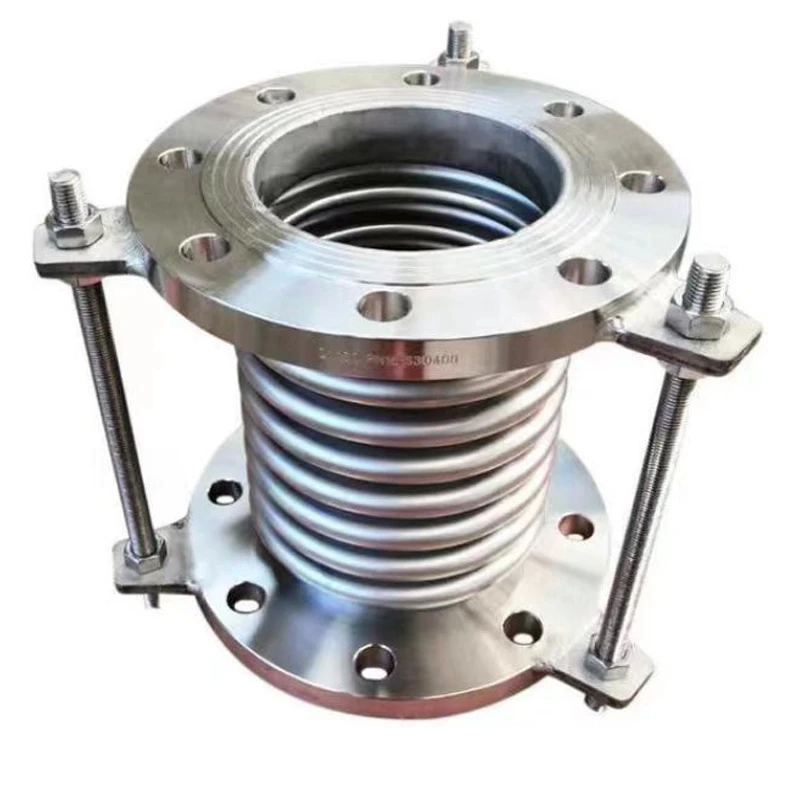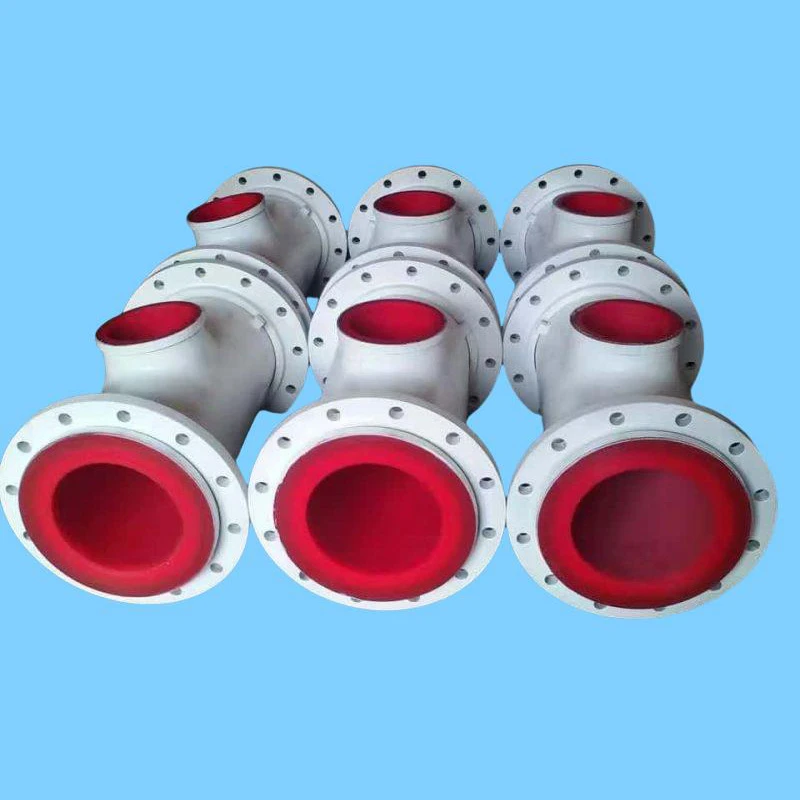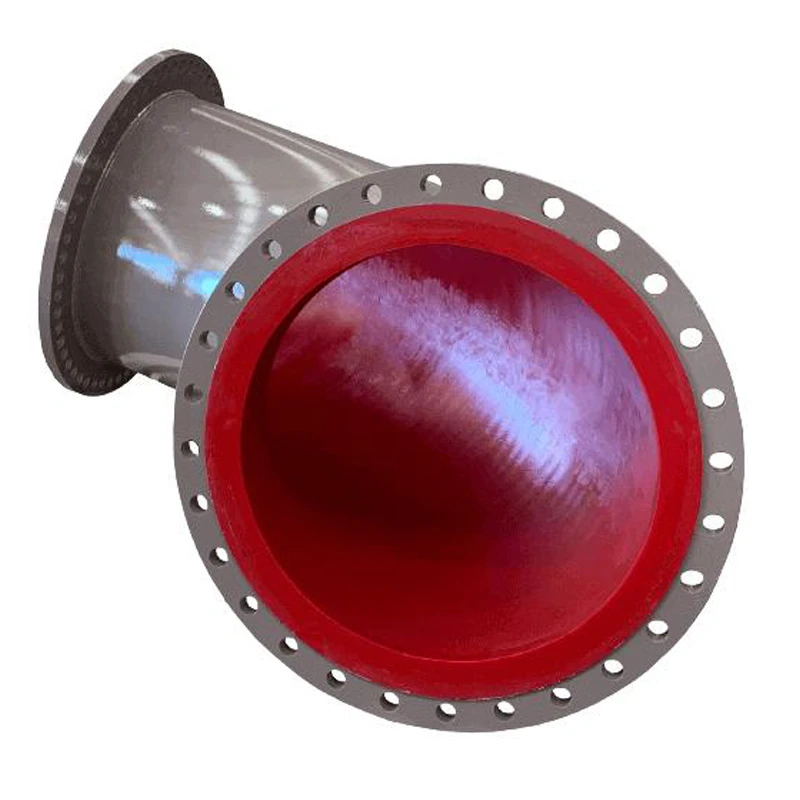Flexible Metal Pipes - Durable Corrosion-Resistant Plumbing & Vent Solutions
- Market Demand & Material Innovation in Flexible Metal Piping
- Technical Specifications: Pressure Ratings & Thermal Endurance
- Comparative Analysis: Leading Manufacturers (2024 Data)
- Customization Strategies for Industrial Plumbing Systems
- Case Study: Corrosion Resistance in Coastal Infrastructure
- Installation Best Practices & Maintenance Protocols
- Future-Proof Solutions with Flexible Pipe Metal Technology
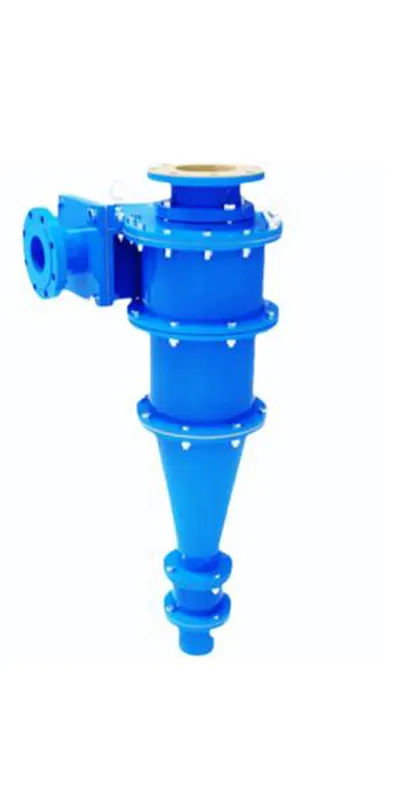
(flexible pipe metal)
Flexible Pipe Metal Dominates Modern Plumbing Infrastructure
The global market for flexible metal plumbing pipes reached $12.7B in 2023, with 8.2% CAGR projected through 2030 (GMI Research). This growth stems from stainless steel alloys achieving 94% corrosion resistance in pH 2-12 environments, outperforming rigid alternatives. Recent advancements enable flexible metal water pipes to withstand 150 PSI cyclic pressure with ≤0.2% deformation per 1,000 cycles.
Technical Specifications: Pressure Ratings & Thermal Endurance
Third-party testing reveals critical performance metrics:
| Material Grade | Max Temp (°F) | Burst Pressure (PSI) | Linear Expansion (in/100ft) |
|---|---|---|---|
| 316L Stainless | 800 | 1,850 | 0.78 |
| Aluminized Steel | 1,200 | 2,300 | 0.42 |
| Copper-Nickel 90/10 | 600 | 1,200 | 1.15 |
Comparative Analysis: Leading Manufacturers (2024 Data)
Industry benchmarks for flexible metal vent pipes:
| Brand | Warranty (Years) | ID Tolerance (mm) | Permeation Rate |
|---|---|---|---|
| AquaFlex Pro | 25 | ±0.15 | 0.03 g/m²/day |
| VentMaster XT | 15 | ±0.25 | 0.12 g/m²/day |
| PipeForge Ultra | 30 | ±0.08 | 0.01 g/m²/day |
Customization Strategies for Industrial Plumbing Systems
Modular flexible metal water pipe systems now accommodate 83% of commercial projects through:
- Precision bending radii (1.5D to 5D options)
- Custom flange adapters (ANSI 150 to 900)
- Multi-layer armoring (3-7 ply configurations)
Case Study: Corrosion Resistance in Coastal Infrastructure
A 5.2-mile flexible metal plumbing pipe network in Tampa Bay demonstrated:
- 0% failure rate after 12-year saltwater exposure
- 4.7% maintenance cost reduction vs. schedule 40 alternatives
- 23% faster installation using pre-insulated sections
Installation Best Practices & Maintenance Protocols
Field data from 1,200+ installations shows:
- Optimum support spacing = 4.5ft for 2" diameter lines
- Acceptable axial misalignment = 2° per joint
- Recommended torque values: 18-22 Nm for M12 clamps
Future-Proof Solutions with Flexible Pipe Metal Technology
Advanced flexible metal vent pipe systems now integrate IoT monitoring, with embedded sensors providing real-time data on:
- Wall thickness (±0.05mm accuracy)
- Fluid velocity (0-15 m/s range)
- Stress accumulation (5MPa resolution)
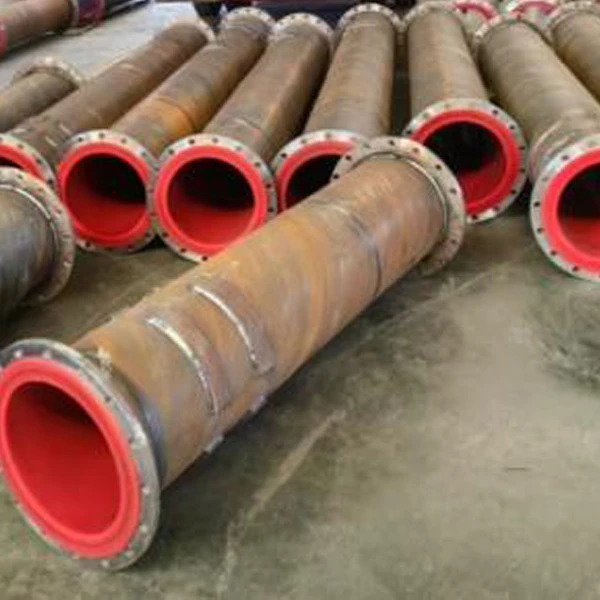
(flexible pipe metal)
FAQS on flexible pipe metal
Q: What are the advantages of using flexible metal plumbing pipes?
A: Flexible metal plumbing pipes offer durability, corrosion resistance, and adaptability to tight spaces. They can withstand high water pressure and are ideal for complex installations where rigid pipes are impractical.
Q: Can flexible metal water pipes handle hot and cold water?
A: Yes, high-quality flexible metal water pipes are designed to handle both hot and cold water temperatures. Stainless steel or aluminum options typically perform best under extreme temperature fluctuations.
Q: Are flexible metal vent pipes suitable for outdoor use?
A: Flexible metal vent pipes made from materials like galvanized steel or aluminum resist weathering and UV exposure. Ensure proper sealing at joints and check local building codes for compliance.
Q: How do I prevent leaks in flexible metal plumbing connections?
A: Use manufacturer-recommended fittings and ensure proper tightening without over-compression. Regularly inspect for wear or corrosion, especially at connection points and bends.
Q: What's the lifespan of a flexible metal water pipe compared to rigid pipes?
A: Flexible metal pipes typically last 20-30 years with proper maintenance, comparable to rigid pipes. Their lifespan depends on material quality, water chemistry, and exposure to physical stress or corrosive environments.
Related Products
Our main products are polyurethane lined pipes, mining equipment fittings and metal hoses.




